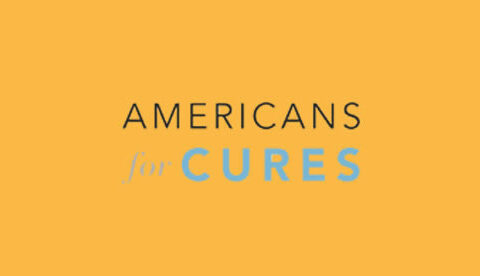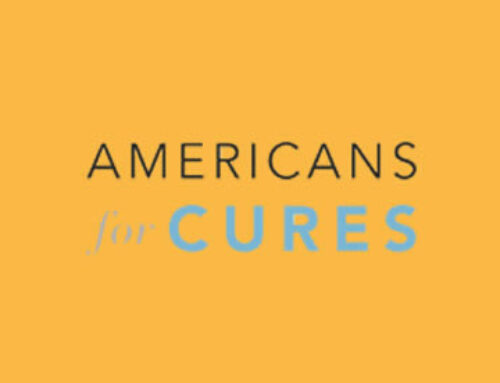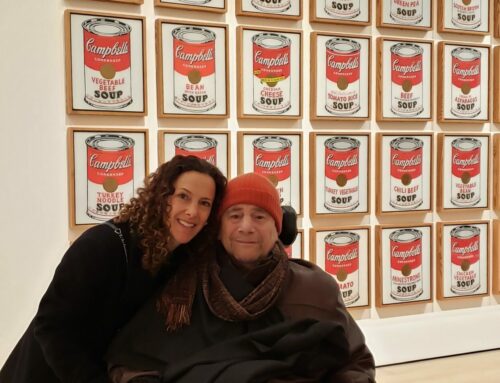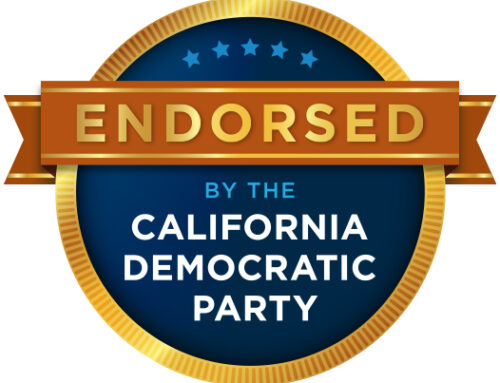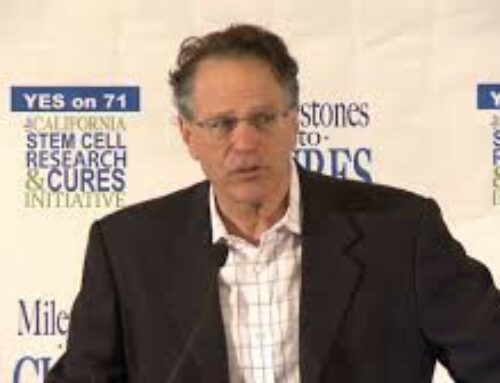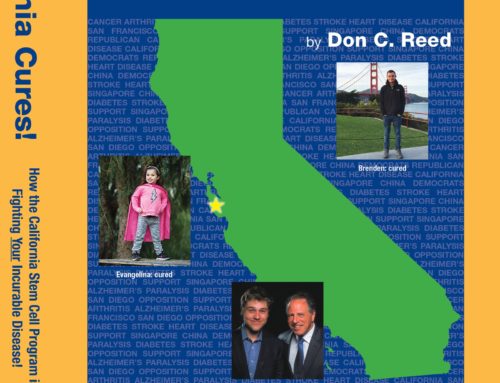A yes vote on Proposition 14 is crucial to continue the pace of medical research and our state’s journey to save lives. For millions of Californians who live with a chronic disease or condition, and who need new therapies, this may be their last hope. Advancing medical progress to fight devastating and life-threatening diseases and conditions is an urgent matter now.
Proposition 14 will continue funding for the California Institute for Regenerative Medicine, the state’s stem cell research funding institute. This institute is advancing medical discoveries and treatments for dozens of life-threatening or chronic diseases and conditions, including cancer, diabetes, heart disease, Alzheimer’s, Parkinson’s, COVID-19 and more.
It is important to understand that the federal government and the private sector won’t adequately fund the development of many important stem cell therapies. While the federal government has a strong focus on early lab research, it has also effectively banned funding of many important types of stem cell research and is threatening to ban more. On the other end, private funders have different priorities when it comes to funding medical research — they almost exclusively invest in late-stage clinical trials where they can profit faster at lower financial risk.
There is a glaring funding gap between early lab work and late-stage clinical trials — known as “The Valley of Death” — that often ends promising stem cell research. With the sole mission of advancing the most promising treatments and cures, the institute bridges this critical gap, ensuring that potential life-changing therapies are not left stranded. The institute’s unique approach is driving our state to achieve more progress, much faster, than we could have imagined.
The institute’s funding has catalyzed or funded more than 90 clinical trials, two FDA-approved cancer treatments, and nine new treatments that have been designated as breakthrough therapies and have been fast-tracked for FDA approval. These breakthroughs will potentially help patients with cancer, diabetes, kidney disease, blindness, spinal cord injuries and immunodeficiencies.
While most of the 90+ clinical trials are still underway, many lives appear to have already been saved or improved. Babies born without immune systems are now surviving as are cancer patients who have exhausted all other treatment options. The institute has funded projects to help patients with Type I Diabetes produce their own insulin, blind patients start to regain eyesight, and quadriplegics start to regain upper body function.
All of these treatments in the pipeline — if and when approved — will also lead to spin-off treatments because they are fundamentally changing our knowledge and approach to treating chronic diseases. For example, by saving the lives of babies born with fatal immune disorders, the new knowledge and technologies are now being applied to treat other types of disorders. Cancer therapies being developed are effectively treating a handful of cancers today, but the knowledge and technology created can be applied to treating many other forms of cancer.
If Californians do not pass Proposition 14, our journey ends here — many discoveries could be left on the shelf, delaying lifesaving and life-changing treatments for years.
Furthermore, as our state recovers from the impacts of COVID-19, Proposition 14 will provide an economic stimulus — it will generate additional tax revenue and create many new jobs, and it won’t cost the state anything until 2026. At a time when the cost of treating chronic diseases is straining our state budget and California families, Proposition 14 seeks to fund crucial disease research at a cost of less than a fraction of 1% of what Californians spend on chronic disease annually.
Close to 100 patient advocate organizations, major chambers of commerce across the state, Gov. Gavin Newsom, federal, state and local elected officials and the University of California Regents support Proposition 14. They do so because of its promise for therapy development, new business creation, and long-term financial benefit to all Californians.
We should remember that one of California’s core strengths is innovation and creation — new types of businesses, new types of scientific research, and new ways to treat chronic diseases, conditions and illnesses. We can’t afford to turn our back on these important goals. Our future depends on it. I hope you join me in voting YES on Proposition 14.
Dr. Larry Goldstein is a distinguished professor on the staff of the Shiley-Marcos Alzheimer’s Disease Research Center at UC San Diego.



